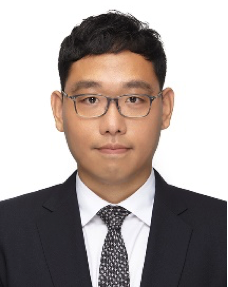Abstract: The development of alternative energy sources beyond fossil fuels relies on the activation of small molecules (e.g., H2, O2, CH4) through multi-electron, multi-proton reaction sequences. However, these processes face high kinetic barriers, requiring catalysts capable of mediating multi-electron reactivity. Inspired by metalloenzymes containing polynuclear transition metal assemblies, our group synthesized a range of dicopper complexes mimicking the active site of zeolite to systematically investigate the impact of secondary elements on the reactivity and stability of critical intermediates formed during multi-electron oxidation reactions. This seminar will also discuss a novel approach for developing catalysts with controlled internal electric fields to enhance selectivity in small molecule fixations and reactivity of catalysts. Strong electric fields can dramatically affect the relative energies of competing transition states and control the reactivity of synthetic catalysts. Additionally, we will explore the management of four-electron redox processes using main-group catalysts through phosphorus-ligand redox cooperativity, demonstrated by the activation of dioxygen and NOx gases using a distorted phosphorus complex capable of transmitting two electrons at the phosphorus center and another two electrons at the ligand. These studies aim to advance the development of efficient catalysts for alternative energy sources.
Speaker:
Institution:
Location:

